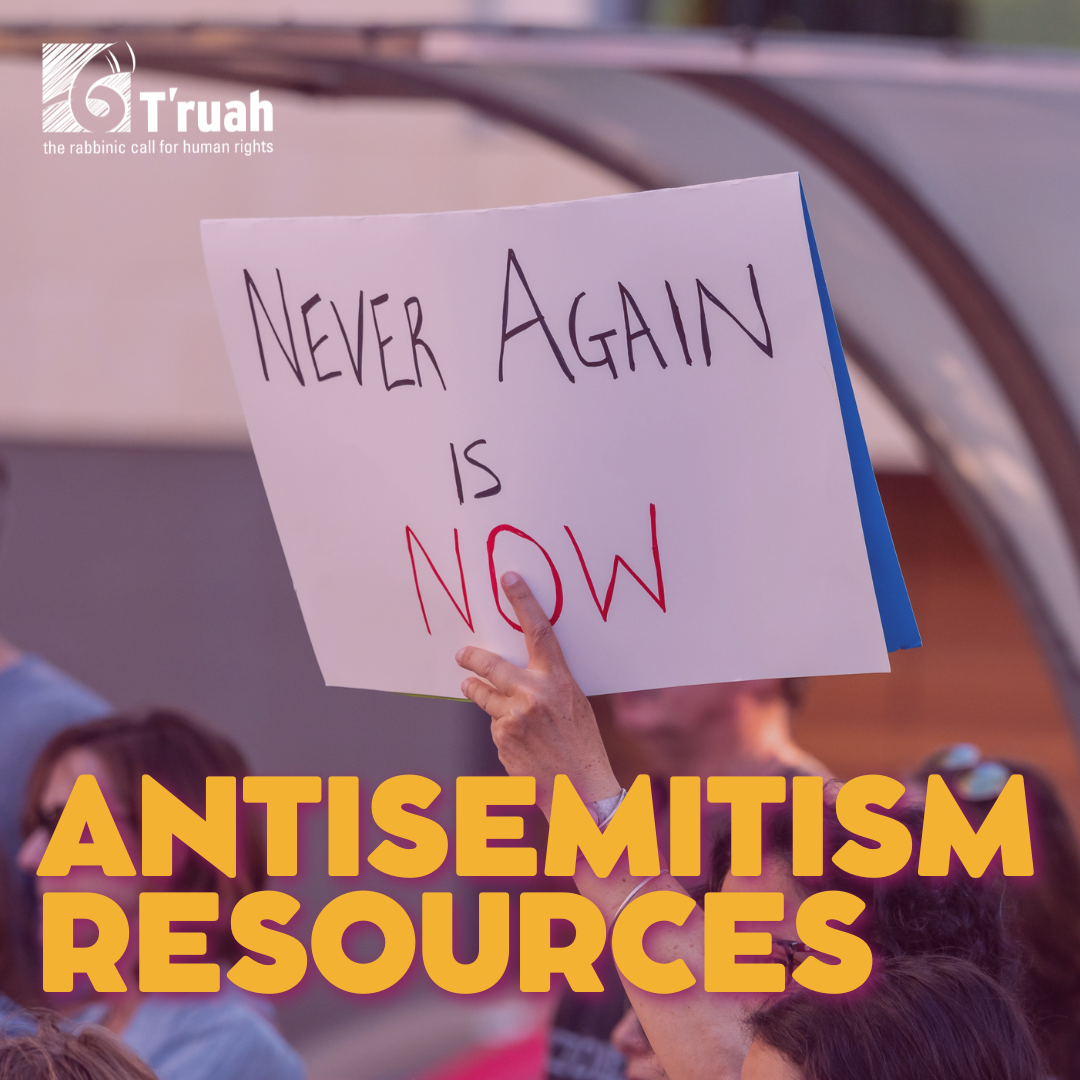Resources
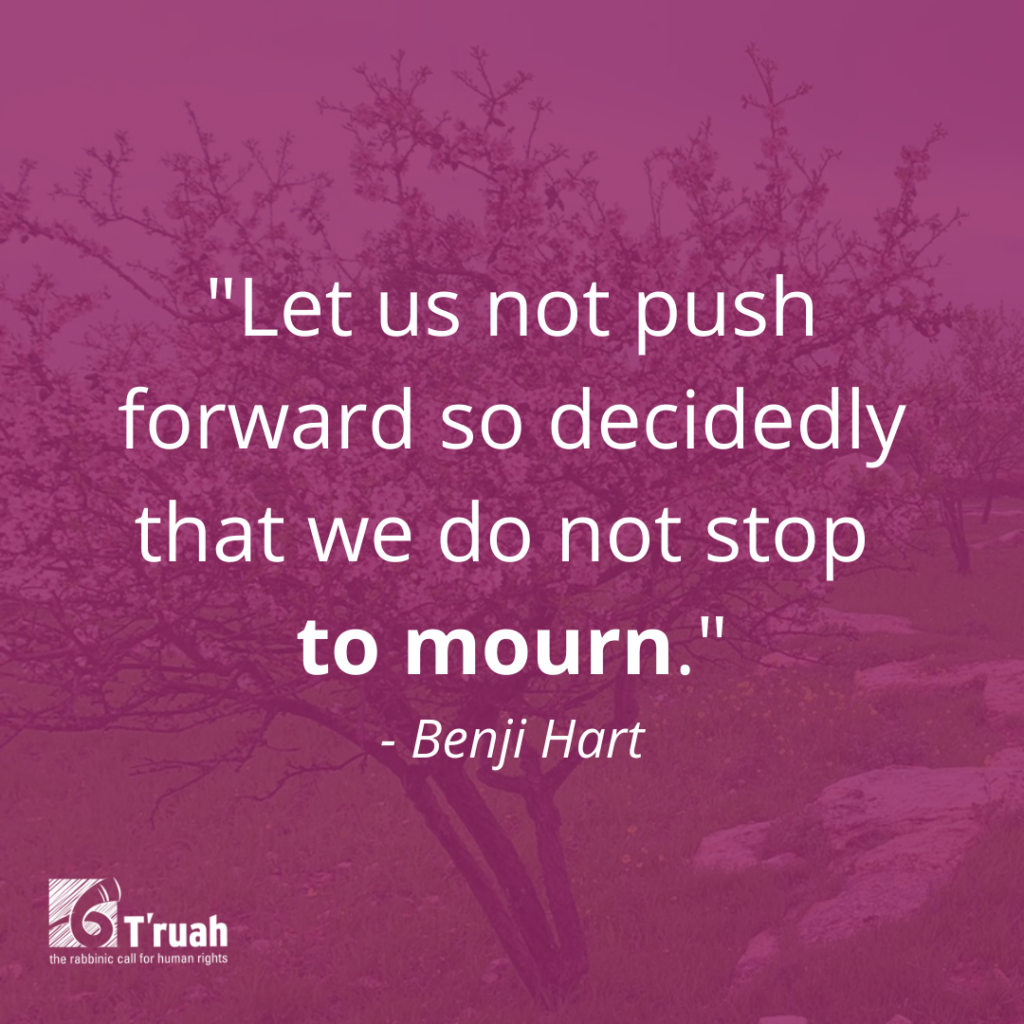
17th of Tammuz – July 9, 2020: A Different Type of Grief and Mourning
The fast of Shiva Asar B’Tammuz (the 17th of Tammuz) begins an annual period of mourning in the Jewish calendar culminating with Tisha B’Av (the 9th of Av), which marks the destruction of the two Temples in Jerusalem, as well as other tragedies of Jewish history. Rabbinical Student Frankie Sandmel created this 17th of Tammuz...
more

The Problem with Korach is the Problem with “All Lives Matter”
Both of Korach’s challenges have the same structure. Korach rejects the notion that something small— either tzitzit or mezuzah—could be more important than something big. In opposing tzitzit to a blue tallit and mezuzah to a houseful of scrolls, the midrash picks up on Korach’s tactic of putting Moses and Aaron in opposition to “all of the community.” Korach invokes the whole, promoting the general over the specific, the greater over the lesser. He fails to recognize that in Torah, the detailed particulars make all the difference. In the realm of ritual as in the domain of justice, the demands of righteousness are precise.
more
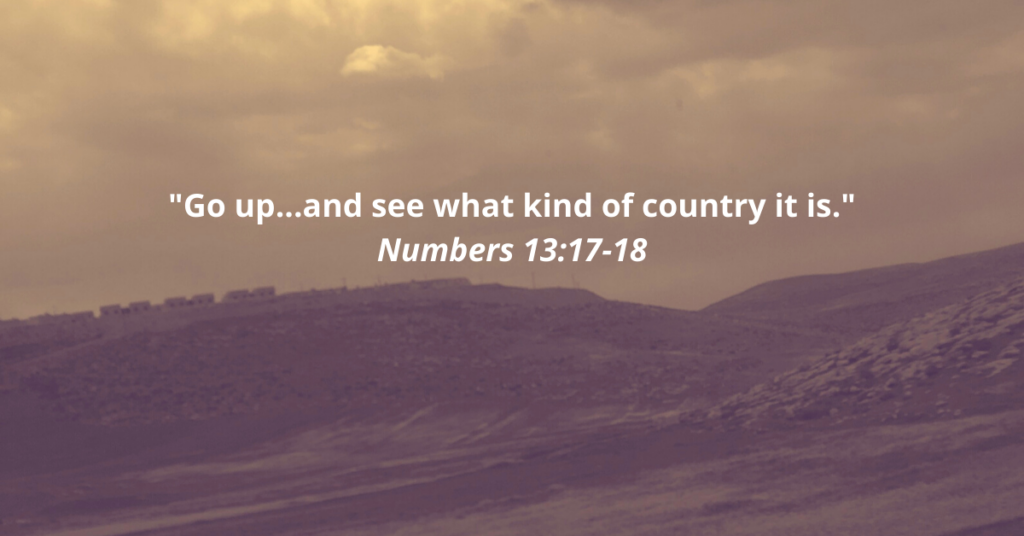
A New Way of Experiencing Ancient Texts
My Torah for this week urges each of us to walk into the unknown. Let our written lines, mixed in with the words of others--ancient and contemporary--make a path, embodied.
more
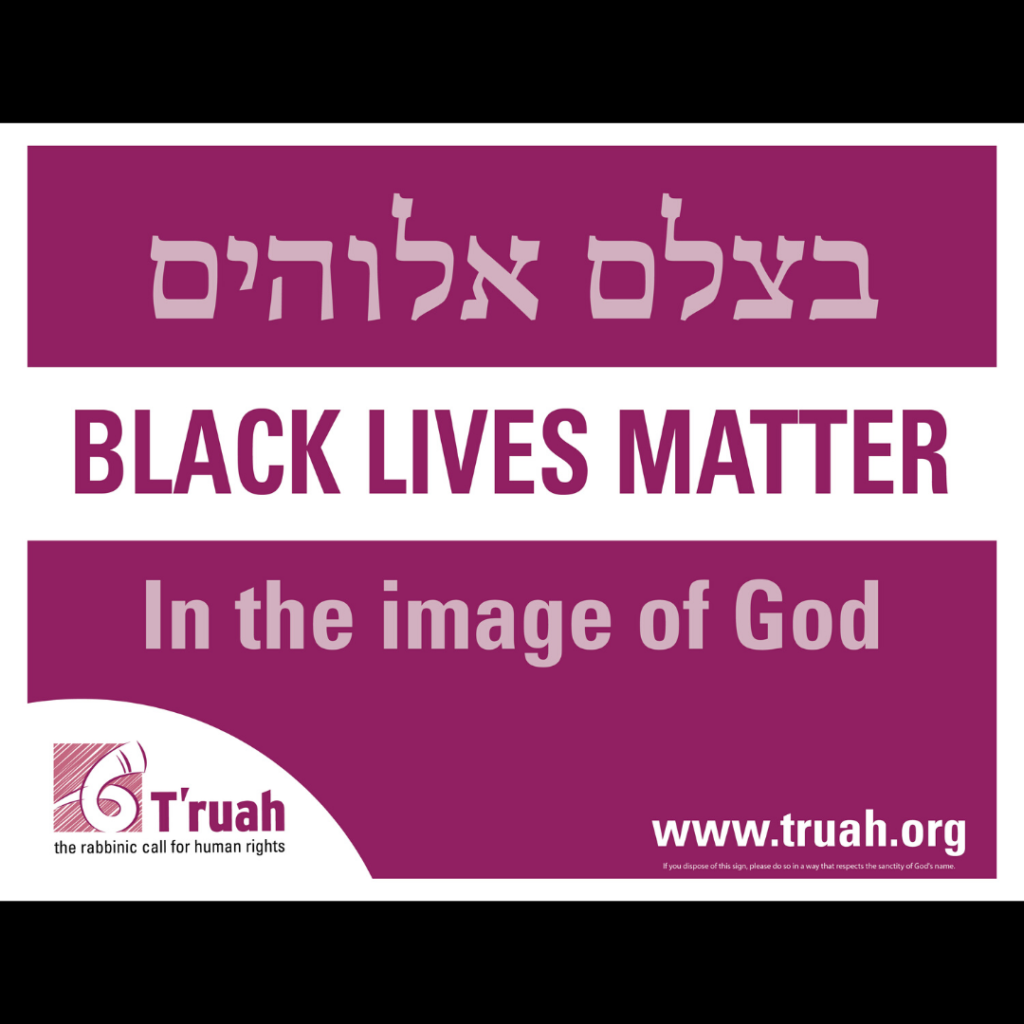
Resources on Police Brutality, Protests, and the Black Lives Matter Movement
Prayers, text studies, divrei Torah, and general advice to the Jewish community, particularly white Jews, about how to be effective allies in this essential cause.
more

Our Best Leaders May Be Those with the Least Power
A d’var Torah for Parshat Beha’alotecha by Matt Nosanchuk. Leadership lies at the center of our Jewish communal discourse, and rightfully so. Through tough times biblical, historical, and present, Jews have relied on a wide range of leaders, including patriarchs and matriarchs, kings and queens, prophets and prime ministers, soldiers and scholars, and, of course,...
more

Counting everyone, including the stranger, for the 2020 Census
A d’var Torah for Parshat Naso. “The Eternal one spoke to Moses: Take a census.” This week’s Torah portion, Naso, focuses on one of the multiple censuses that was carried out, the census of the Levites in the desert. This year in the U.S. is our year to carry out the census — to be...
more

Listening Leads to Understanding, Which Leads to God
A d'var Torah for Shavuot by Congressman Jerry Nadler, originally published in 2020.
more

Yom Yerushalayim Obscures The Reality of Modern Jerusalem
A d’var Torah for Yom Yerushalayim by Daniel Seidemann. Jerusalem Day, Yom Yerushalayim, which is this coming Friday, was created by the Israeli Chief Rabbinate, the Rabbanut, in the wake of the 1967 war, and subsequently enshrined as a national holiday under law. A religious commemoration of the “reunification” of Jerusalem when Hallel is said,...
more
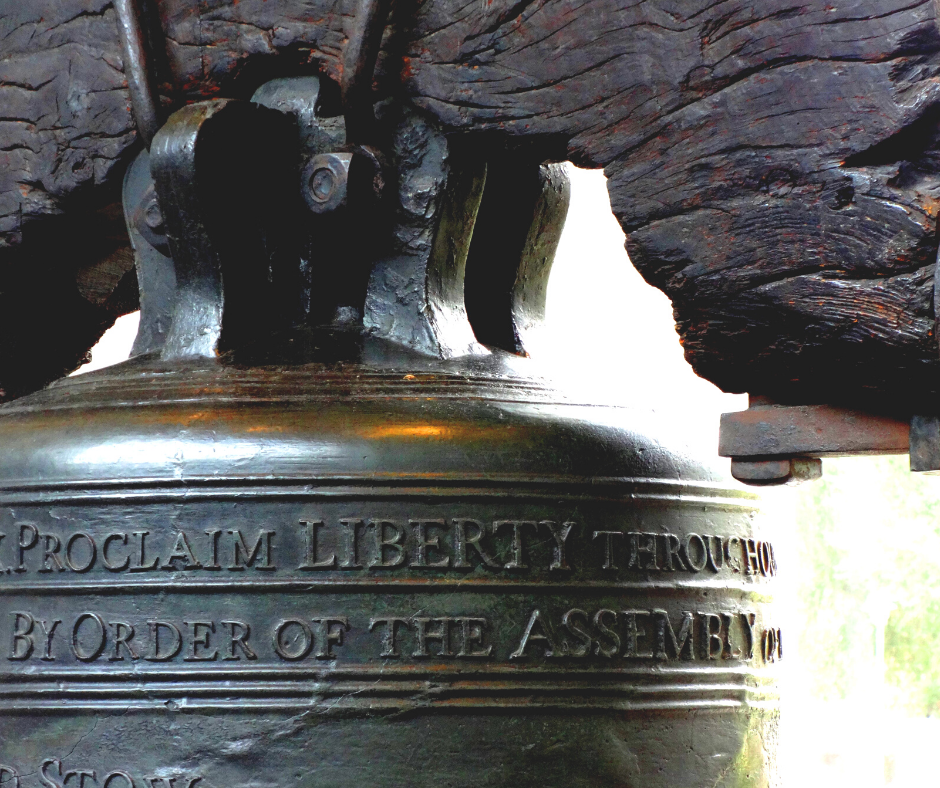
It’s Not Enough to “Proclaim Liberty.” We Have to Do the Work.
In this d'var Torah for Behar-Bechukotai, Rabbi Sally Priesand draws connections between the Liberty Bell and other symbols and ensuring liberty in civic life.
more
Texts for shiur on Torah and annexation collected by Rabbi David J. Cooper
These texts were collected for a webinar on Torah and annexation for chaverim.
more



